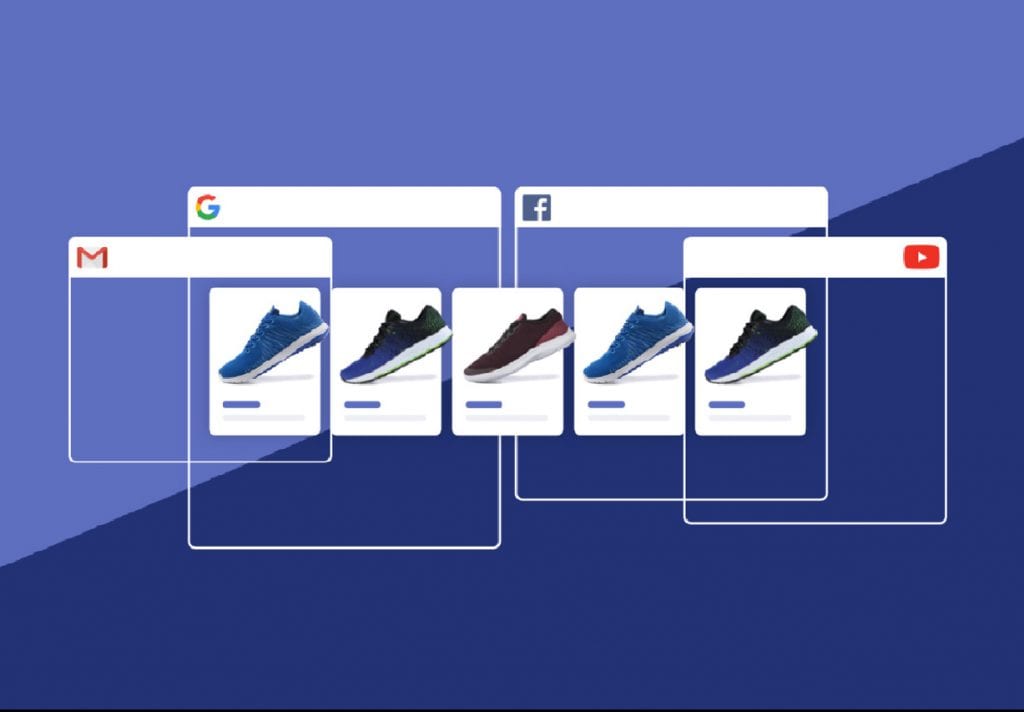Shopify has managed to kick a lawsuit filed against it for allegedly violating the Telephone Consumer Protection Act (“TCPA”) by sending unsolicited text message marketing to consumers. Hardly a run of the mill TCPA case, such as the one that Nasty Gal recently settled after allegedly sending promotional text messages to thousands of consumers without their consent, the case filed against Shopify is interesting, as Shopify, itself, is not a apparel or accessories brand; it is a provider of online payment, marketing and shipping services, with one of its clients being a footwear and accessories company named Masorini.
In the case at hand, which was filed in a California federal court in October 2019, plaintiff David Sheski alleged that after he purchased a pair of shoes from Masorini’s e-commerce site, having provided his mailing address and telephone number, he received two text messages, both of which read, “Masorini: Hey David. Cyber Monday! 30% OFF — Code: ‘CM30’ Shop here! — STOP 17908 to opt-out.”
Given that “[t]here [was] no line item check-box on the checkout page” to allow consumers “to click to indicate their prior express written consent to have their phone number used for text advertisements,” and since the checkout form indicated that the phone number entered would be used for “shipping purposes,” Sheski decided to file a TCPA lawsuit after receiving the two unsolicited text messages.
The TCPA gives rise to a cause of action if a plaintiff can show that: (1) the defendant texted a cellular telephone number; (2) using an automatic telephone dialing system; (3) without the recipient’s prior express consent. That consent must be in writing if the message includes marketing.
However, instead of naming Masorini as a defendant in the complaint, Sheski exclusively took on Shopify because Masorini’s website is “maintained, operated, directed and/or otherwise controlled” by Shopify, and its site is “specifically branded as a Shopify platform.” (Chances are, he also certainly opted to focus his proposed class action law on the party with the deeper pockets, which is clearly the publicly-traded Shopify, with its $1.58 billion in annual revenue as of 2019, as opposed to the footwear brand).
More than that, though, Sheski claimed that “an optional line-item” is offered by Shopify for retail websites to enable them “to obtain a consumer’s express written consent to opt into text marketing.” However, he asserted that Shopify does not require retailers to use specific opt-in functionality, and in fact, “many or most of [of the retailers that use Shopify’s services] do not.”
As such, he alleged that Shopify is on the hook for violating the TCPA, as well as fortort claims for negligence, invasion of privacy and unlawful intrusion.
In its formal response, Shopify argued that Sheski’s case should be tossed out of court, in large part because he failed to “plead sufficient facts to establish that Shopify sent or was directly involved with sending the text messages at issue.” The company pointed to a number of decisions, which it claims support its position, including one from the Federal Communications Commission, which determined that the maker of an app called TextMe did not make or initiate calls when its app users used the TextMe app to send invitational text messages; rather it was the app user that initiated the text messages. Similar to the TextMe app, Shopify has argued that it only provides a platform that third-party retailers use to send text messages to consumers, and does not actually control or send the messages, itself.
Fast forward to last month and Judge Haywood Gilliam of the U.S. District Court for the Northern District of California sided with Shopify in connection with its motion to dismiss, holding that Sheski failed to properly make his case in connection with his TCPA claim, as well as his claims for negligence, invasion of privacy and unlawful intrusion.
Speaking specifically to the TCPA, Judge Gilliam held that Sheski allegations “do not lead to the inference that Shopify sent or was directly involved in sending the text messages at issue,” which he notes “specifically identified Masorini as the sender.” The fact that Shopify “provides the template for the checkout form, offers a suite of apps (including texting apps) that can integrate into its platform, provides counseling on best practices for marketing, and takes a percentage of the retailer’s revenue, does not indicate that Shopify has any control over a retailer’s actual text marketing campaigns,” he further stated.
Throwing out the case in its entirety (albeit, with leave to amend within 28 days of the May 13 decision), the court dismissed the notion that an e-commerce provider that offers a texting platform to retailers could be held liable for text messages sent by a retailer.
In term terms of the key takeaways, Baker & Hostetler’s Linda Goldstein and Amy Ralph Mudge say that “the obvious lesson here for plaintiffs is to – pick the right guy to sue. Indeed, the court left the tossed complaint free to amend, but the deeper-pocketed platform was able to avoid responsibility for how its clients used, or allegedly misused, the platform.” With the case in mind, they encourage companies to “be sure to establish contractually well-defined terms between yourself, your vendors and your clients,” and to carefully examine “how the data you are pairing up together might be used, and be sure to build protections into the partnership, and which party is responsible for what.”
*The case is David Sheski, individually and on behalf of all others similarly situated, v. Shopify (USA) Inc. and Shopify Inc., 4:19-cv-06858 (N.D. Cal).











